MARARIKULAM BEACH, KERALA
NAVIGATOR
Some Images From Our Trip At Mararikulam Beach
I have been intending a trip to Marari beach for a long time, so after visiting Backwaters, Kochi and Munnar, we set out for Mararikulam. We planned to spend four heavenly nights at this serene beach. Scant local population and few hotels make Marari the number one beach in Kerala, often called God’s Country.
We traveled through the calm, rural landscape of Kerala by car. Thirty minutes later, we noticed a change in the landscape – lush, green palm trees lined the narrow country lanes. Houses with red-tiled roofs snuggled in the cool shade of fertile foliage, red and yellow bananas brightened up little village shops. After a leisurely bouncy, winding journey, we arrived at Xandari Pearl; we have reached our destination. Spreading over eighteen acres, the resort was a reassuring sight. This quaint corner of Kerala has not undergone much change over the years. A few more dwellings around the church of St Augustine in the neighboring village of Mararikulam and one or two luxury resorts were the only difference.
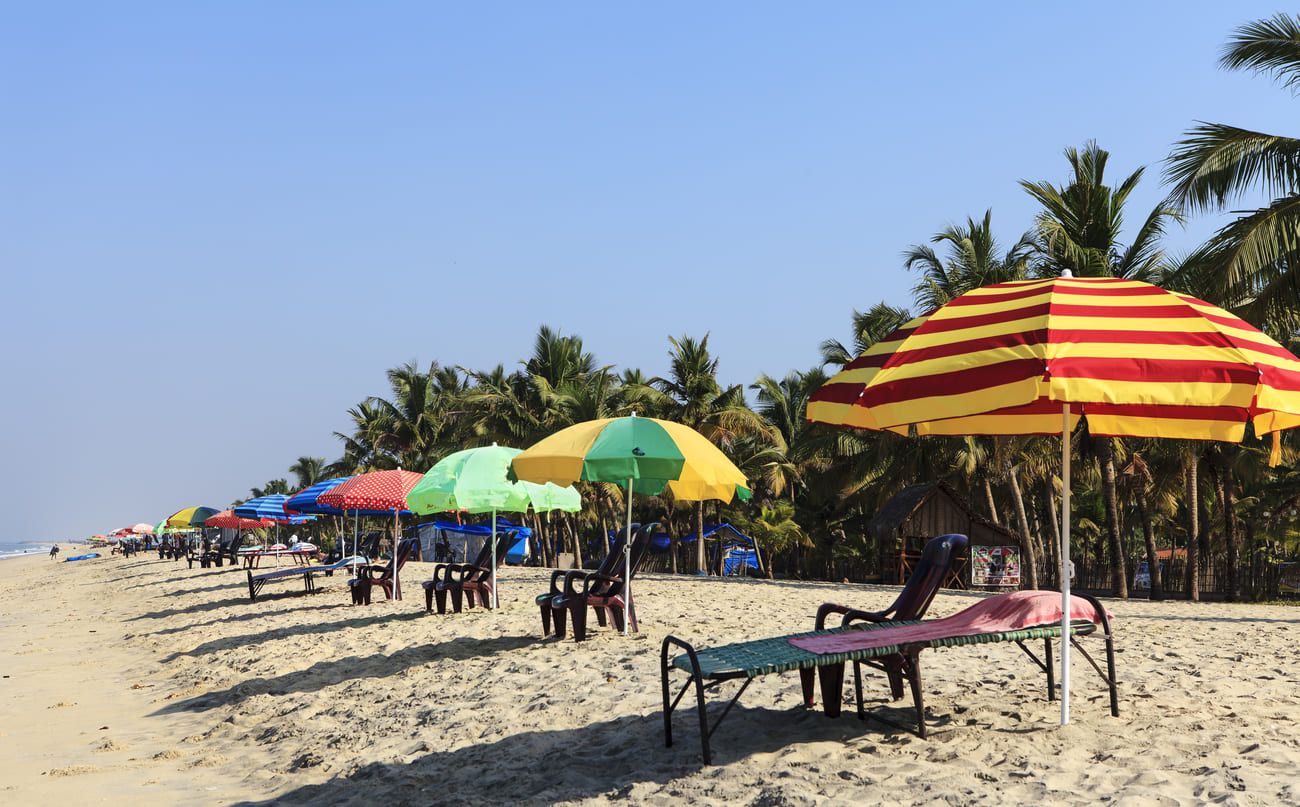
Colorful umbrellas on a perfect beach. © Wuthrich Didier
A graceful local Kerala lady dressed in a gold-bordered beige Syrian Christian Nasrani costume welcomed us and led us through lush green flora to our villa, elegantly pearl-shaped in design. We immediately knew that beachfront bliss and sensory delights awaited us.
Consisting of twenty villas, the resort quickly revealed its many enchantments – a fish pond teeming with all kinds of marine life, we caught fleeting glimpses of colorful butterfly wings in the butterfly garden, saw an inviting pool surrounded by mango, cashew, and coconut trees, and inhaled the fragrant aromas of pepper and cinnamon in the spice garden. Tucked away a little further was a farm with endangered, diminutive cows called Vechur. Their milk is highly valued and used in Ayurvedic medication.
Our villa was spacious and decorated in soft shades of green and glimmering pearl-grey with a screen beautifully done in mother-of-pearl. We had our own private dip-pool, dining area, and garden with a sandy seating area and hammock. This serene ambiance called for a leisurely siesta.
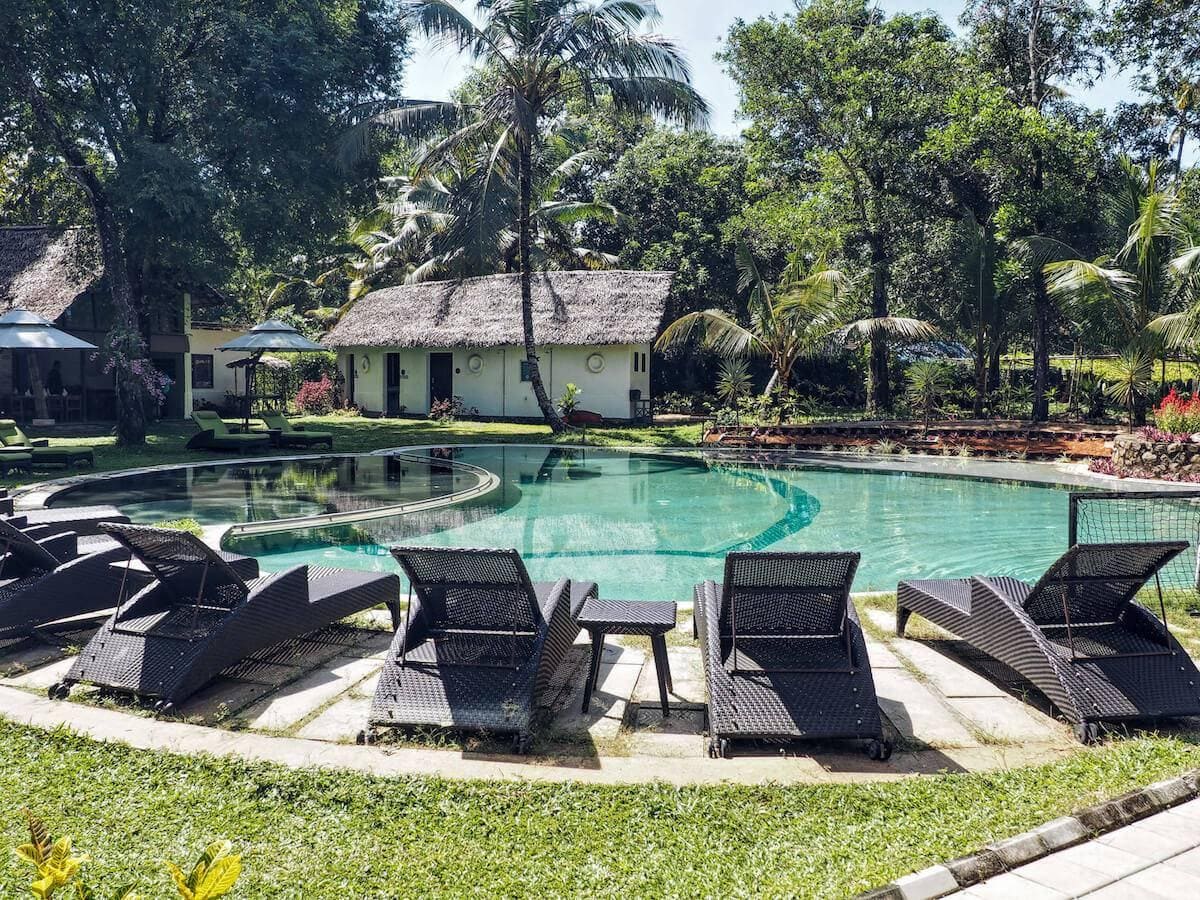
A tranquil scene with sunbeds around a crystal clear pool at the Xandari Pearl Resort
Our siesta did not last very long; the beach beckoned. Walking across silky grass, bathed in the blanched rays of the pale monsoon sun, we made our way towards the coconut groves and casuarina trees. Here and there we caught sight of the fisherfolk dwellings further away, but the colorful fishing vessels made a pretty picture. These fishing boats would start out early every morning to return again in the afternoon. During monsoon season they do not venture out too far, though. Xandari Pearl gets all their fresh seafood from the local fishermen and serves it in a variety of exquisite dishes in its open-sided, thatched, half-moon shaped restaurant.
Every day of our stay we were drawn to the unsullied, changeless beach where we whiled away many leisurely hours, snoozing in the shade of the palm trees, with the constant lapping of the waves in our ears. Here we could relax completely, staring up at the clouds floating across the sky. We experienced a profound sensation of peace and felt far removed from the clamor and anarchy of city life. Time seemed to come to a standstill and we were able to renew a connection with the uncomplicated, basic pleasures so important in life – fishermen arriving back from the sea, youngsters scrambling up a palm tree for coconuts. We watched birds flying like multicolored kites across the sky and suddenly anything seemed possible, our hardcore city life was filled with hope and happiness.
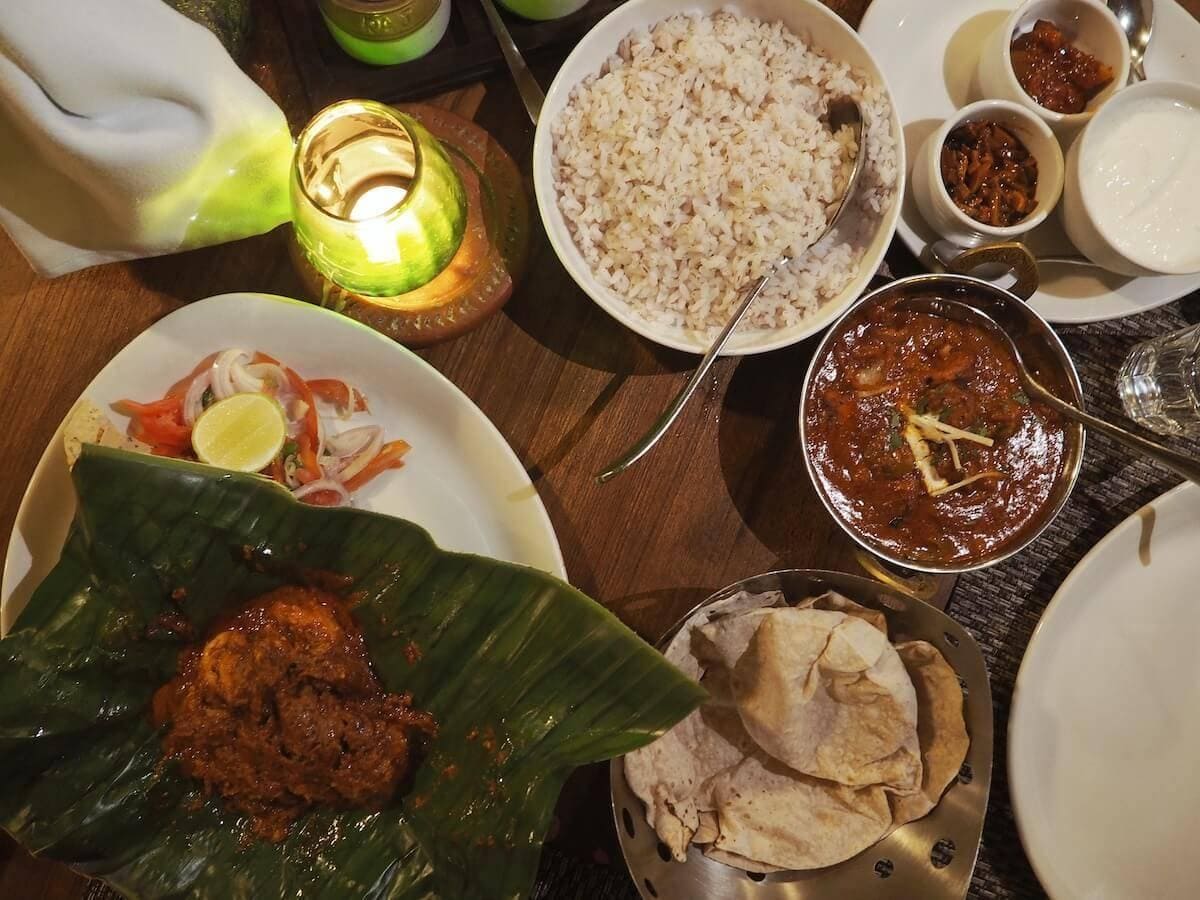
The restaurant with its welcoming ambiance serves exquisite Kerala dishes. A favorite is the delicious Prawn Kizhu mixed with onions, tomatoes, and spices, wrapped in banana leaves and then grilled on charcoal, and a very tasty Mutton Pepper Roast served with heaps of traditional rice and hot wheat Chapatis (roti).
We decided to keep away from technology and left our mobile phones and Ipads in the closet of our room for the whole day. The sweeping pristine, white sandy beach of Mararikalum is ideal/ perfect for long, leisurely walks. We drank tea with the locals and marveled at their gracious, simple but sustainable lifestyles. We could not help but envy them their rich, fulfilled lifestyle.
Late afternoon we quenched our thirst with lemon drinks, infused with lemongrass. Slowly we whirled the bamboo stirrer around and around, sipping our drinks through straws made of banana leaves, while a soft light flooded the restaurant. This is the ultimate in understated, simple luxury. (Xandari is famous as an environment-friendly brand and no plastic is used.)
Dinner was a feast of local Keralan cuisine, rich in spices and with an interesting fusion twist – seafood platters heaped with kingfish prepared in mild spicy raw mango and coconut milk curry, calamari, broccoli, and creamy mashed potatoes; prawns done in typical Kerala style (sauteed in onion tomato masala, wrapped in banana leaf and grilled) served with fluffy, light appams (thin rice pancakes). Saffron infused rice flour was a special palate pleaser, so was the innovative meat and coconut steamed inside a bamboo, accompanied with a mutton (lamb) curry, and finally baked yogurt infused with cane jaggery and topped with prunes.
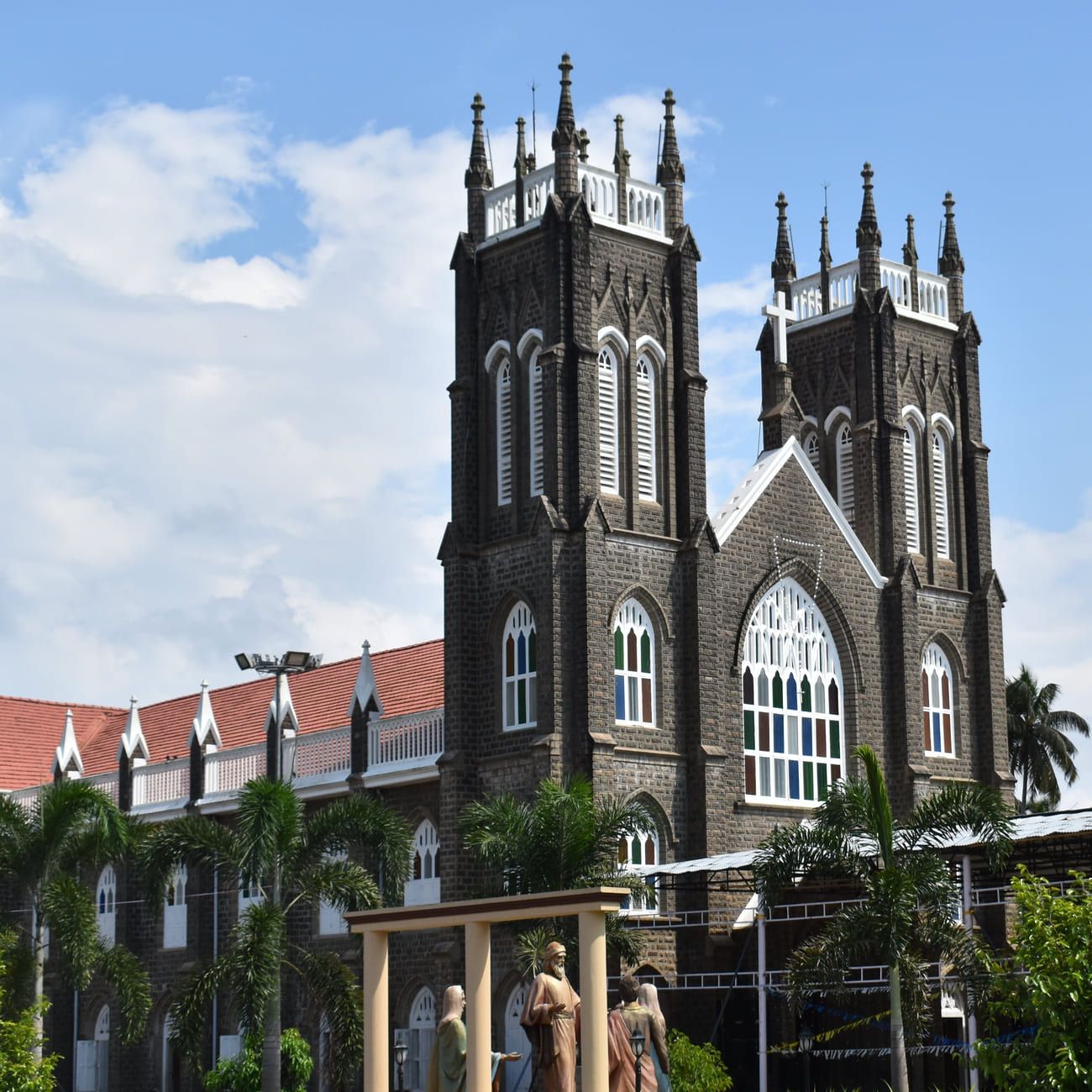
Inside St Andrew’s in Arthunkal, six km from Marari is a statue of Saint Sebastian, bloodied from the arrows in his body. In January the faithful assemble here to pay homage to the saint © Sudz792
After a good night’s sleep, we were ready for action. The imposing Basilica of St Andrew in Arthunkal, just 6 km away, was constructed by missionaries from Portugal during the sixteenth century, and this is where we were headed on our bikes. On arrival, we were met with hymns that filled the basilica, and a local told us about Father Fenicio, the fair-skinned, sixteenth-century vicar who performed numerous miracles, like healing the mentally and physically ill. Although he passed away centuries ago, in 1632, he is still considered the 2nd apostle from the east. Another legend haunts the basilica: After stalling on the sea, a ship drifted ashore. Frantically the captain promised to install an image of St Sebastian complete with protruding arrows in the nearest church. He kept his word and the statue was mounted in 1647. To this day the faithful assemble here in January each year to honor the saint who is believed to relieve the pain and suffering of everyone who approaches him. Traditionally, devotees to Lord Ayappa also stop here on their way back from Sabarimala’s holy shrine to honor St Sebastian.
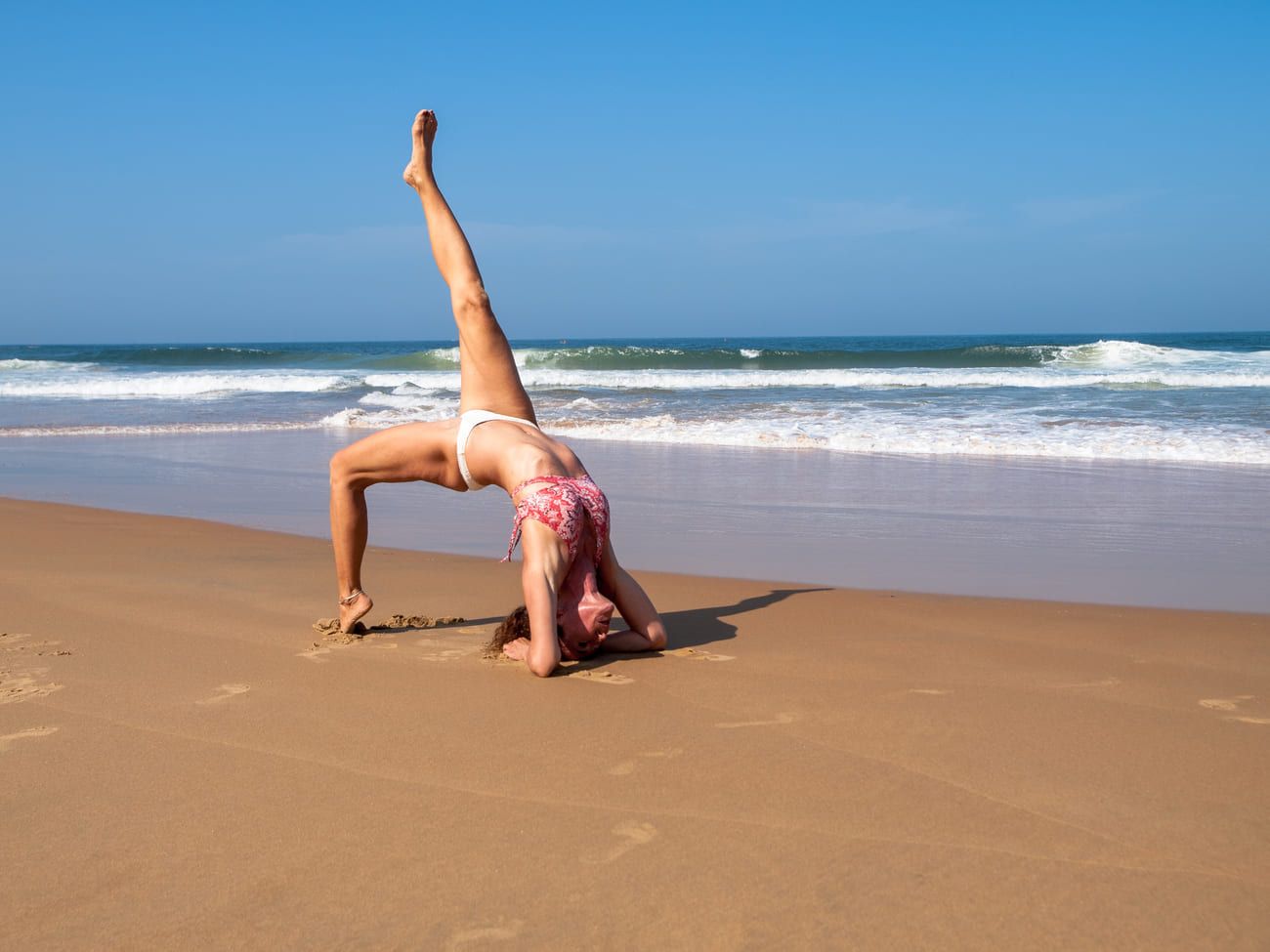
Unwind with a session of yoga and relaxing meditation after the day’s activities
The next day had yet another surprise in store for us. It seems this sleepy haven harbors its fair share of amazements. The villagers informed us of a famous temple, some thirty km away, south of the town of Alleppey. Nagaraja, also called Mannarsala Temple, is famous for its cult of snake worshippers. Even more surprisingly, in a state where women are not allowed into the priesthood, this cult is led by a priestess. Her devotees regard her as somewhat of a mythical figure and she makes daily appearances between three and six pm to bless her ardent followers.
We realized that this fabulous medley of mysterious cults, the welcoming attitude of the locals, and the peaceful rural ambiance is exactly what makes Kerala such a serene sanctuary.
The days seemed to slip by. We played volleyball on the sun-bathed beach and spoiled ourselves with Ayurvedic massages and hedonistic therapies in the trendy spa. The soft hands of trained masseuses rubbed fragrant oils of medicinal herbs all over our bodies; soon their feathery touches lulled us into slumber. Late afternoons we would partake in a yoga session followed by healing meditation under the palm trees. At the outdoors stall we bought steaming mugs of milky chai to sip while we made acquaintances of the other guests.
We could easily have spent many more days here at this charming beach resort; feeling the warm sand beneath our feet, inhaling deep breaths of fresh, salty air, enjoying the gentle breeze playing on our faces. We knew we would miss the late afternoon spectacles when the sun bleeds its vibrant colors onto the landscape. Back home we would long back to the late afternoons when we lingered on the beach to gaze at the silver moon slowly rising above the horizon, and watched the stars lighting up the darkening sky.
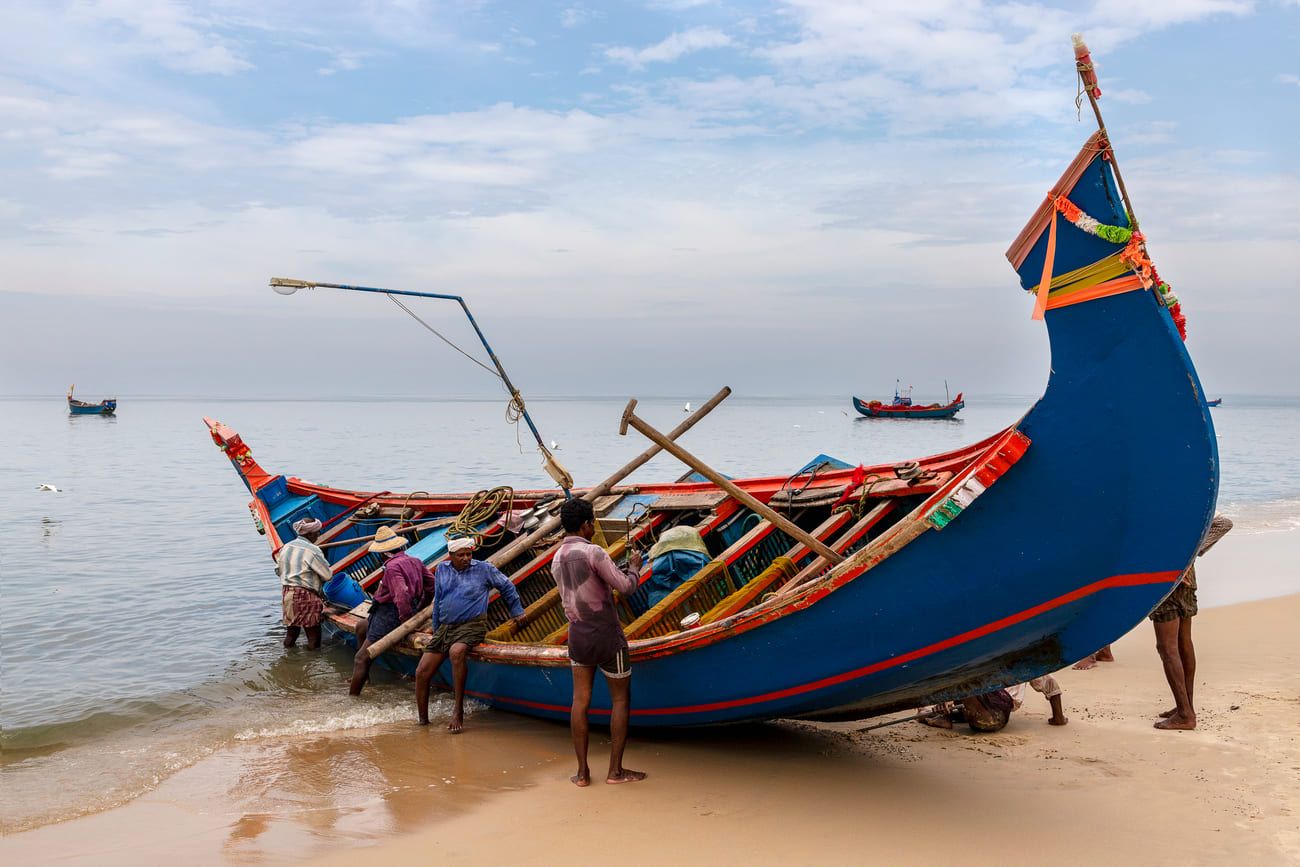
At sunrise, Marari’s multicolored fishing boats sail out across the gentle waves. Late afternoon they make their return, laden with fresh seafood © Kev Gregory
NAVIGATOR
How to Get There
By air: Kochi has the closest airport 1.5 hours away.
By rail: Alapuzzha in Alleppey has the best connections, but is further away than Mararikulam, the local station.
By road: From the train stations and airports you can take a bus, taxi or rent a car.
Where to stay:
Several no-frills accommodation options are available in Marari. Xandari Pearl is ideally situated on the secluded beachfront and is the latest luxury resort. CGH Marari Resort is amongst other excellent hotels found in Marari.
What to do:
Except for the trips and activities discussed above, you can take a day trip tour on a houseboat from Alleppey, which will take you through the Kerala backwaters.
When to visit:
Although the monsoon season is pretty, it may hamper spirits, so the best time to visit would be from September through May.
What to eat:
If you love seafood, you have landed in paradise. Try Karimeen, a local fish, either with curry or ask for it based on an open coal fire. Zingy prawn curry and masala crabs accompanied by fluffy appams or rice are a must. A typical dish from the backwaters is Kuttanad duck curry. Both hotel and homestay restaurants will not disappoint – their dishes are fit for kings, even vegetarian ones.
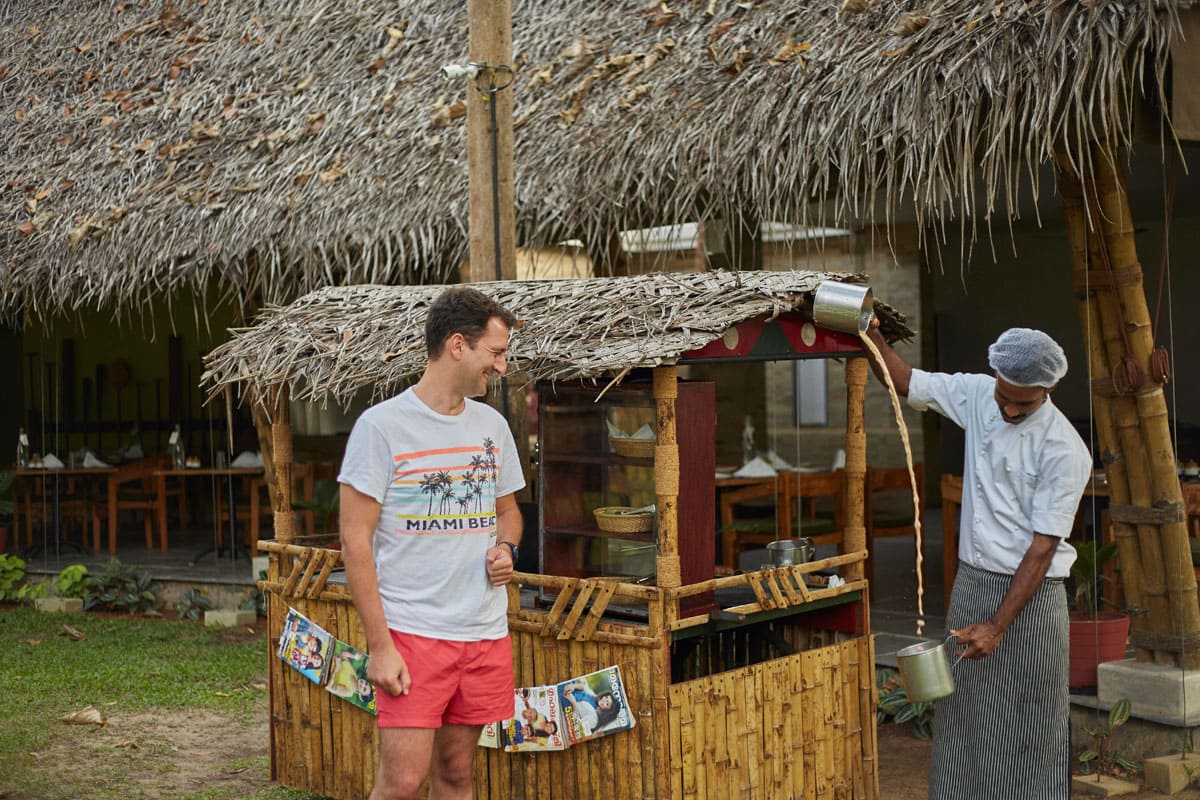
Tourists having fun at a Masala Tea stall at the Xandari Pearl Resort
Some Images From Our Trip At Mararikulam Beach
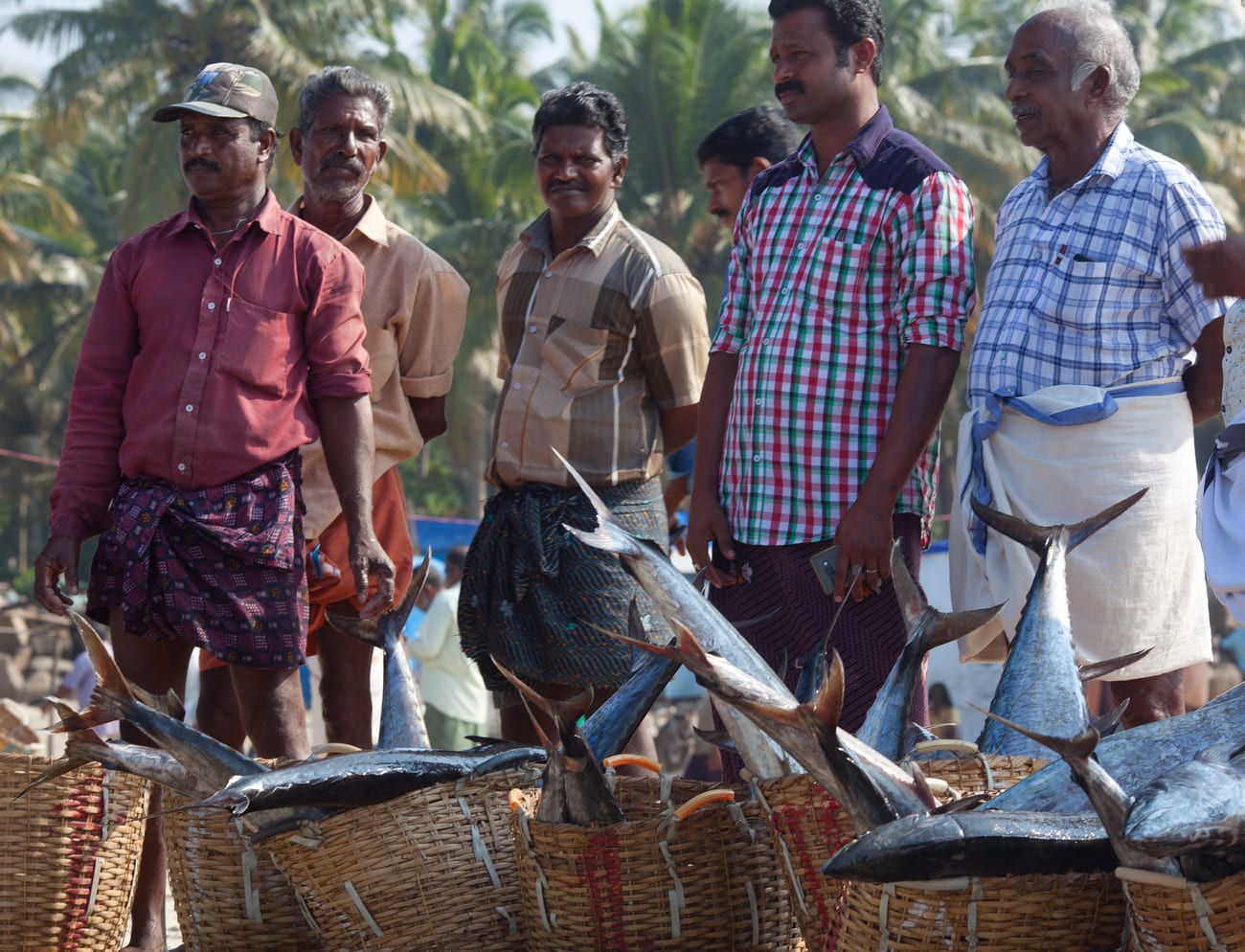
Fishermen awaiting their customers at the market in Mararikulam © Zzvet
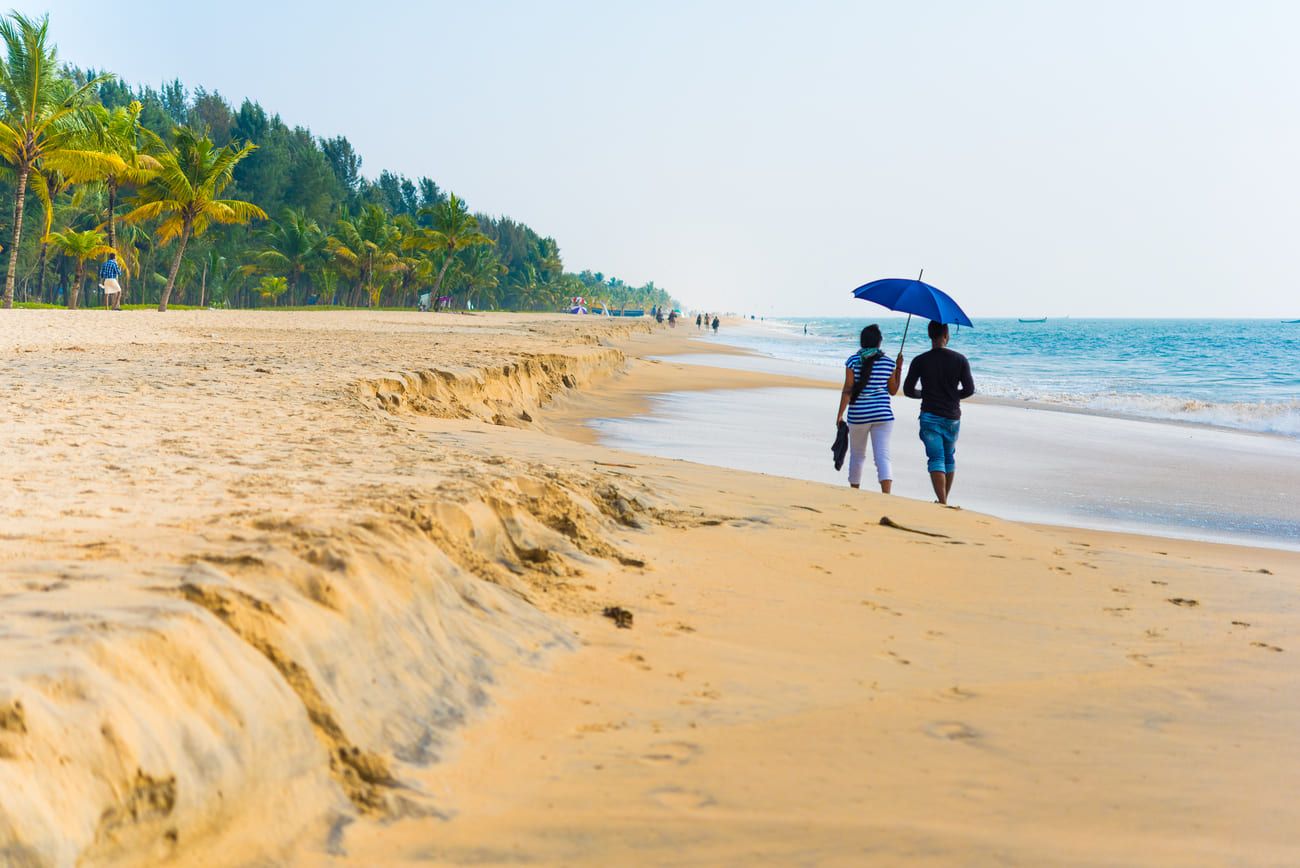
Visit Marari’s golden beach to while away the hours in the shade of swaying palm trees. Soothe your soul with the peaceful sound of waves gently lapping the shore © David Bokuchava
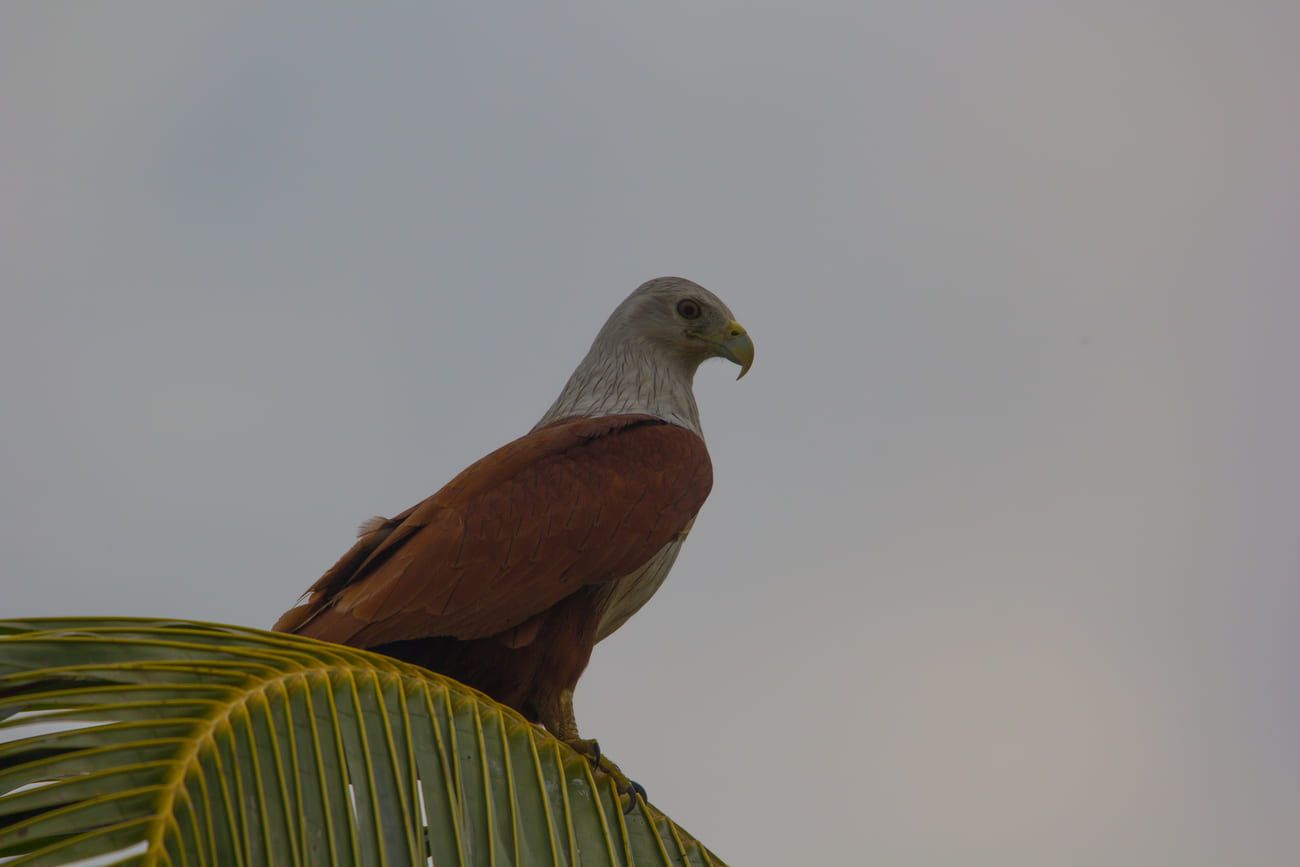
A pensive Brahminy kite watching the beach from a palm tree, Mararikulam © Mergus
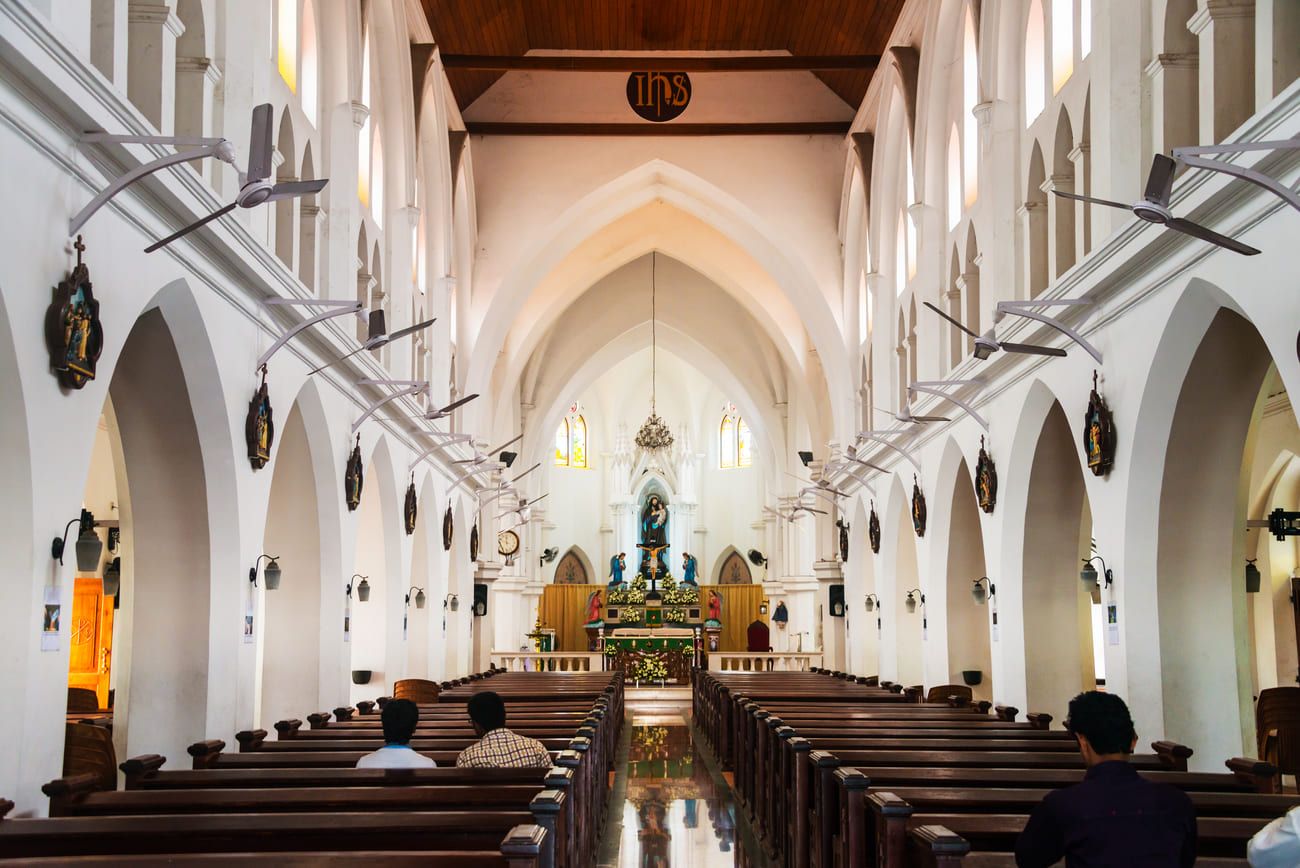
The beautifully decorated altar of St Andrews Forane Basilica in Alappuzha district, Kerala © Madrugada Verde
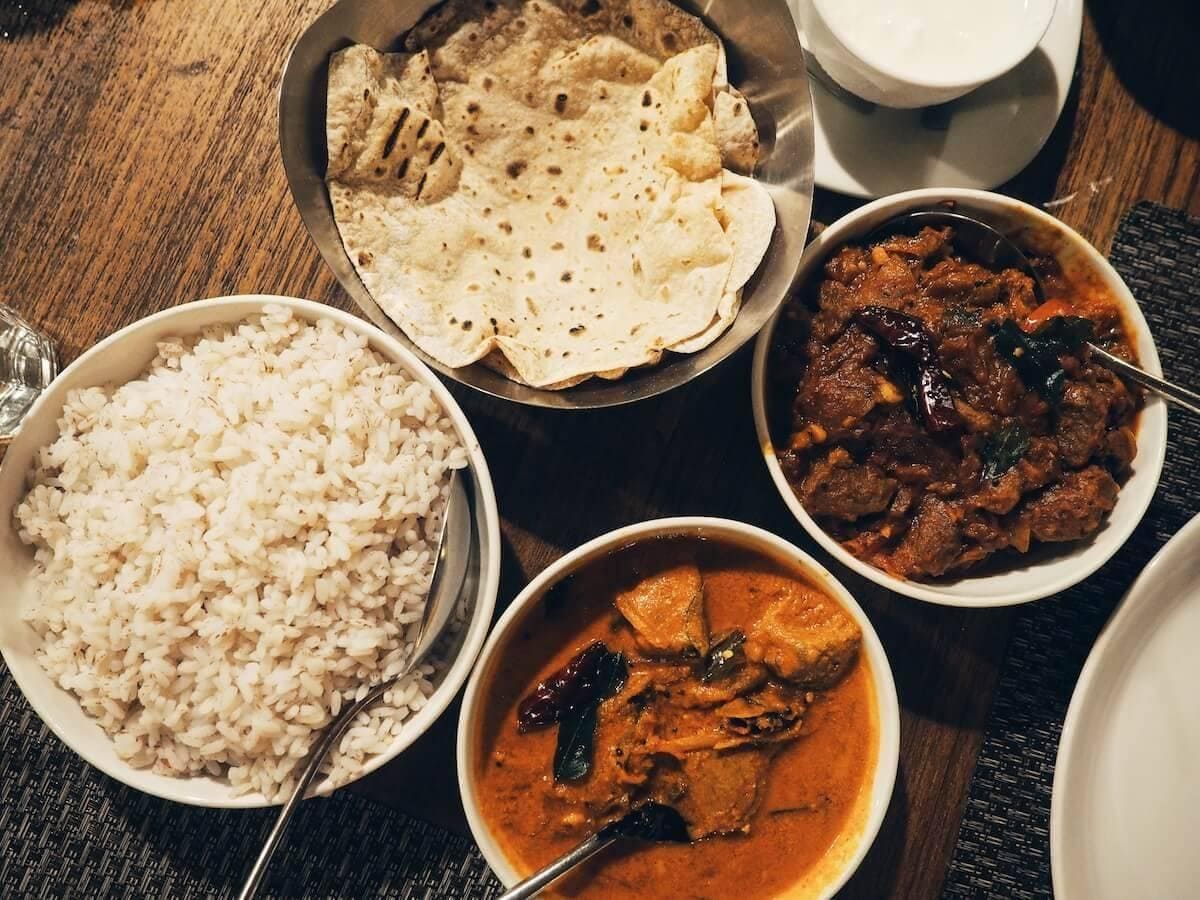
Alleppey Fish Curry, with coconut and fresh mango, is the local favorite
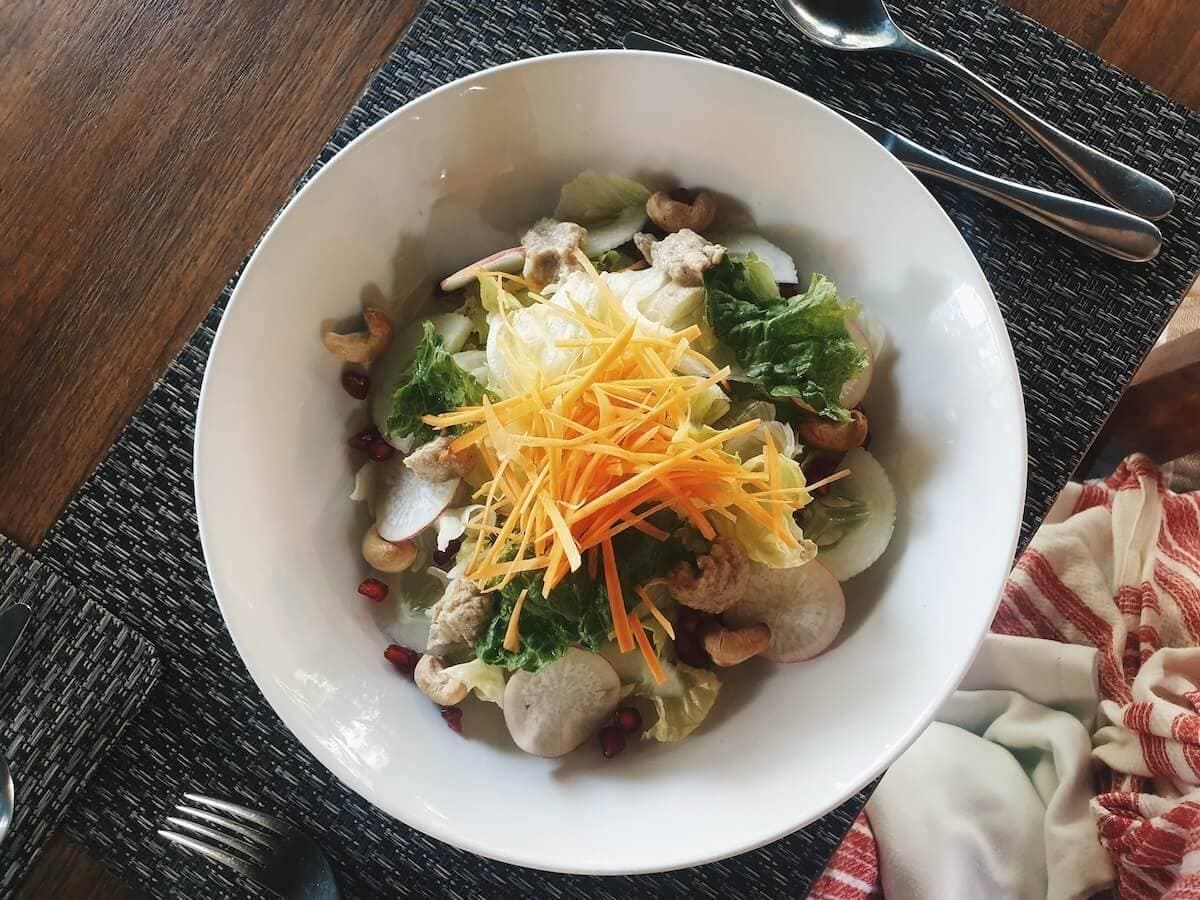
Xandari salad is the perfect light lunch. The papaya dressing is an absolute game-changer
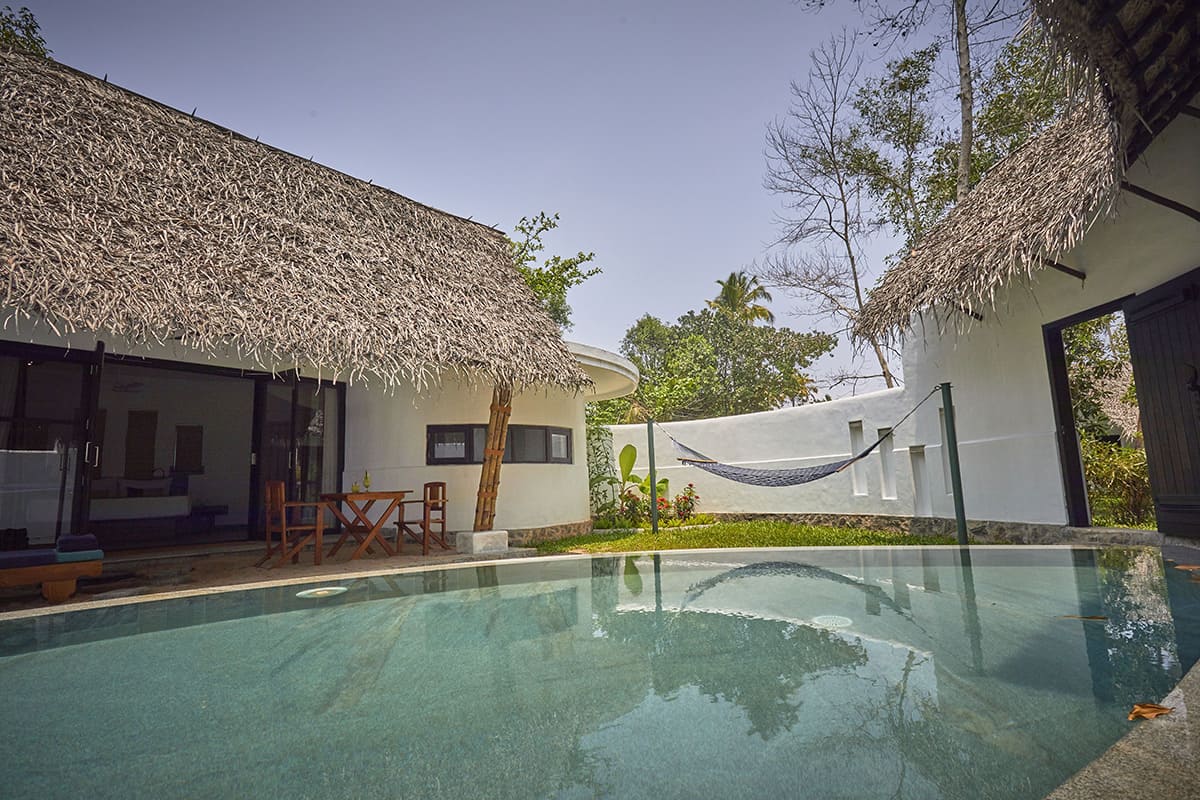
Xandari Pearl consists of twenty villas, each with its own private dip pool, a garden and outside seating, and hammock


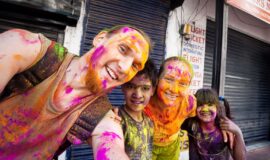

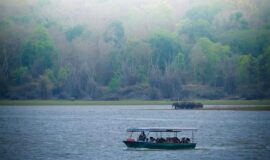
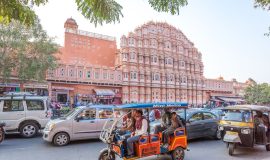
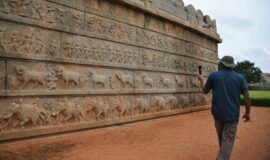
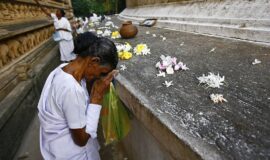
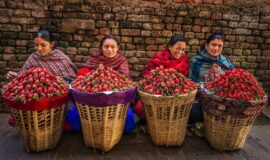
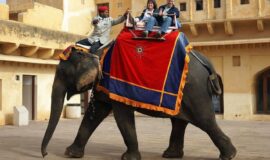
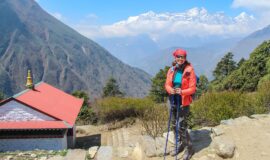
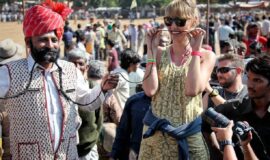

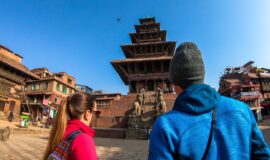

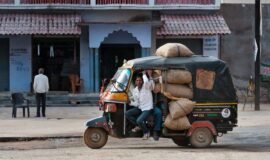
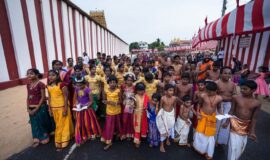
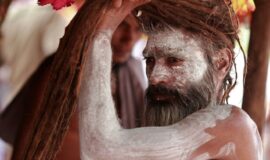
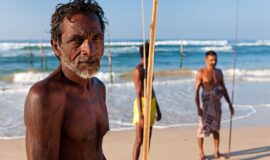
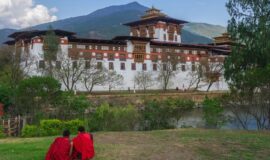
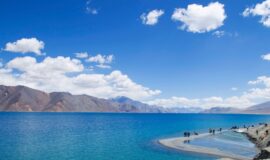
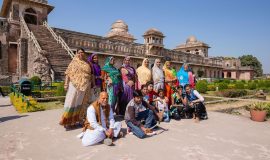
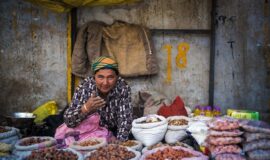

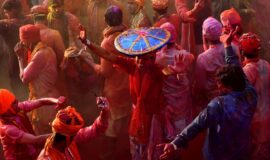
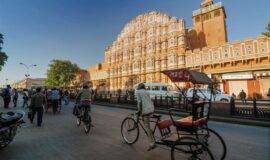
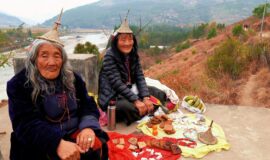
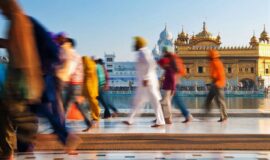
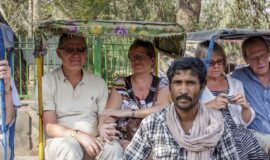
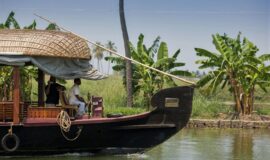

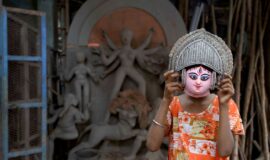

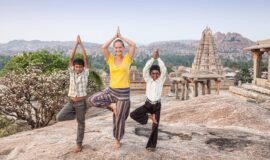
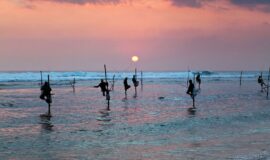
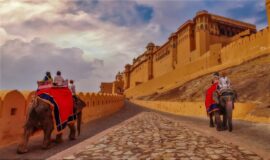

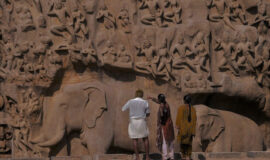
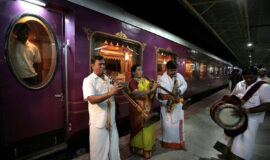
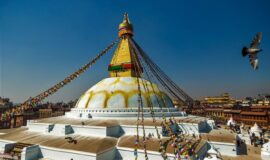
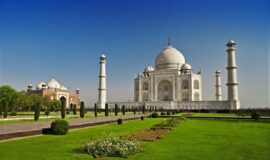
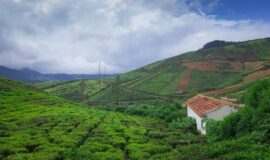
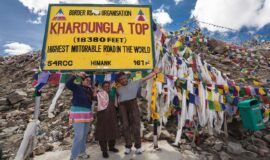
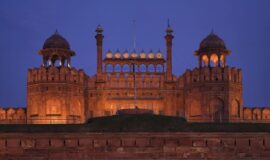
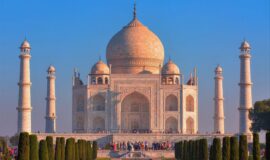
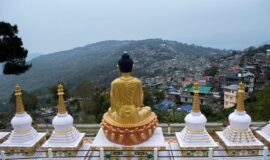
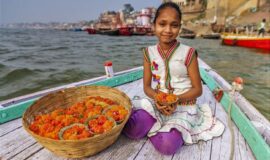
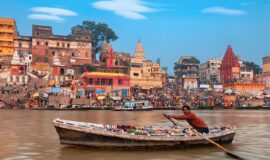
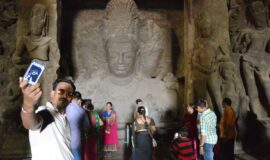
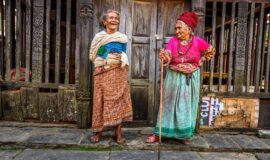

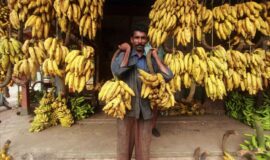
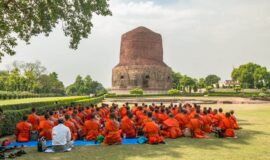
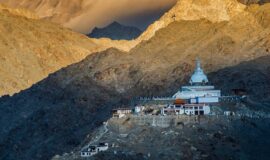
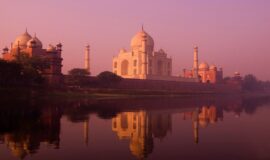
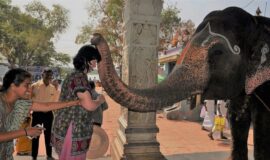
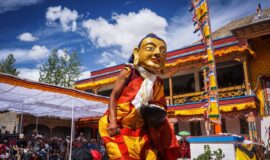
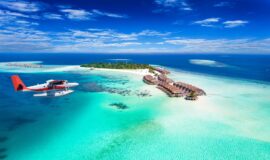
![Golden Triangle Tour with Goa [Culture + Beach Vacation] (12 days) Golden Triangle Tour with Goa [Culture + Beach Vacation] (12 days)](https://www.vacationindia.com/wp-content/uploads/2022/06/golden-triangle-tour-with-beach-vacation-270x160.jpg)